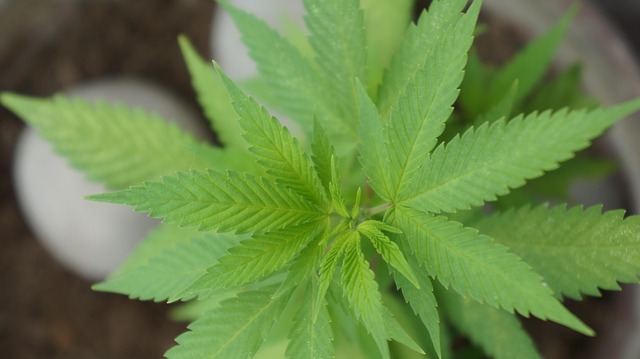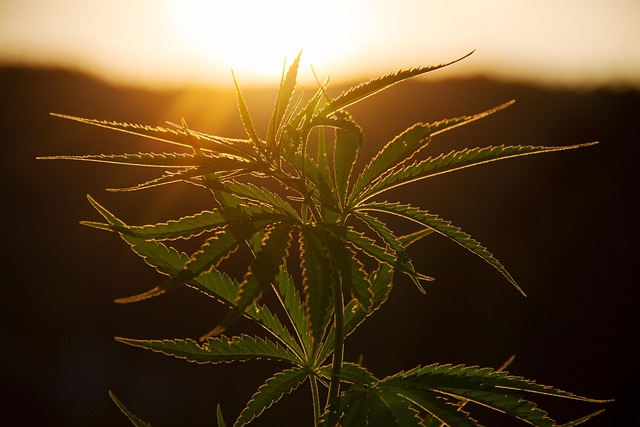Category: thc rosin vs resin
THC Rosin vs Resin: Unraveling the Science and Impact
Introduction
In the dynamic realm of cannabis products, two substances have emerged as prominent players, capturing the attention of scientists, industry experts, and consumers alike—THC rosin and resin. This article aims to delve into the intricate world of these compounds, exploring their unique characteristics, global reach, and profound impact on various sectors. By comparing and contrasting THC rosin and resin, we can gain valuable insights into the evolving cannabis landscape and its potential future trajectory.
Understanding THC Rosin vs Resin: A Comprehensive Overview
Definition:
- THC Rosin: Also known as “Cannabigerol (CBG) rosin” or simply “rosin,” it is a concentrated extract derived from the cannabis plant, primarily rich in cannabigerolic acid (CBGA), which is a precursor to other cannabinoids like THC and CBD.
- Resin: Traditionally, resin refers to a sticky, aromatic substance produced by various plants, including cannabis. In the context of cannabis, it is often associated with concentrated extracts or products that mimic the plant’s natural resins. Resin can be derived from different cannabinoids, such as THC, CBD, or a blend.
Historical Context:
The use of cannabis for medicinal and recreational purposes dates back centuries, but the modern focus on specific compounds like THC and its derivatives is relatively recent. Here’s a simplified timeline:
- Ancient Times: Cannabis has been used in traditional medicine across various cultures for millennia.
- Mid-20th Century: The discovery of cannabinoids, including THC, sparked scientific interest, but the legal landscape shifted with the U.N. Single Convention on Narcotic Drugs (1961), which restricted cannabis due to its psychoactive properties.
- Late 20th Century: Research into medical marijuana and individual cannabinoids gained momentum, leading to advancements in isolation and extraction techniques.
- Early 21st Century: The rise of THC rosin and other concentrated extracts offered new ways to consume cannabis, appealing to consumers seeking potent, focused effects.
Significance:
THC rosin and resin have revolutionized the cannabis industry by providing:
- Concentrated Potency: Offering higher cannabinoid concentrations than traditional bud, catering to medical patients and recreational users seeking specific effects.
- Versatility: These extracts can be used in various products, from vapes and edibles to topicals and beverages, expanding consumer choices.
- Precision in Dosage: Easier to measure and control dosage, ensuring safer consumption, especially for newcomers or those with specific medical conditions.
Global Impact and Trends: A World of Cannabis Concentration
International Influence:
The global cannabis market, valued at USD 24.5 billion in 2021 (Grand View Research), is witnessing a significant shift towards concentrated products like THC rosin and resin. This trend is observable across multiple regions:
- North America: States like Colorado, California, and Oregon have seen a rise in rosin and resin sales, with many dispensaries offering these products as premium alternatives.
- Europe: With legal frameworks varying across countries, some European nations, such as the UK and Germany, are embracing concentrated cannabis extracts, driving innovation and demand.
- Asia: Countries like Israel and Canada are leading research into medical cannabis, including the development of advanced extraction techniques for rosin and resin.
- South America: Brazil and Argentina have emerging cannabis industries, with local producers experimenting with various extractions methods to create unique resin-based products.
Key Trends:
- Legalization and Decriminalization: As more countries and states legalize cannabis, the market is expanding, encouraging innovation in product development, including rosin and resin.
- Consumer Demands: Modern consumers seek high-quality, consistent products with precise dosages. Rosin and resin meet these demands by offering pure, concentrated extracts.
- Product Diversification: The cannabis industry is moving beyond traditional bud, exploring a wide array of products like vapes, tinctures, topicals, and beverages, all utilizing rosin or resin bases.
- Technological Advancements (discussed later): Improved extraction techniques, such as CO2 and solvent-less methods, enhance product quality and purity, driving consumer interest.
Economic Considerations: The Financial Landscape of THC Rosin and Resin
Market Dynamics:
The global cannabis market is experiencing significant growth, with various segments contributing to its expansion:
| Segment | Market Size (2021) | Growth Rate (2021-2028) |
|---|---|---|
| Medical Cannabis | USD 17.3 billion | 24.5% |
| Recreational Cannabis | USD 7.2 billion | 20.9% |
| Cannabis Products (incl. Rosin/Resin) | USD 24.5 billion | 22.2% |
(Source: Grand View Research)
Investment Patterns:
The rise of THC rosin and resin has attracted substantial investments from venture capitalists, private equity firms, and cannabis-focused funds. These investments are driven by:
- High Margins: Concentrated extracts command premium prices, leading to higher profit margins for producers and retailers.
- Versatility: The ability to use these products across diverse markets, from medical to recreational, attracts investors seeking broad appeal.
- Research Potential: Investments in research and development (R&D) aim to unlock new cannabinoid applications, enhancing product profiles and market value.
Economic Impact:
- Job Creation: The expanding cannabis industry, including rosin and resin production, has generated numerous jobs, from cultivation and extraction to sales and marketing.
- Tax Revenue: Legalized cannabis sales contribute significantly to government revenues, with states and countries adopting these taxes to fund various initiatives.
- Business Diversification: Traditional agricultural sectors are diversifying into hemp and cannabis cultivation, providing economic opportunities for farmers and rural communities.
Technological Advancements: Innovating the Extraction Process
Modern Extraction Techniques:
The evolution of extraction methods has played a pivotal role in the rise of THC rosin and resin:
- CO2 Extraction: Considered the gold standard, this method uses carbon dioxide (CO2) under high pressure to extract cannabinoids, resulting in pure, concentrated products.
- Solvent-Less Methods: These techniques, employing heat and pressure, eliminate the need for solvents, producing rosin with minimal impurity.
- Distillation: A traditional method refined further, distillation isolates specific cannabinoids by boiling point, ensuring high purity.
- Winterization: This process involves freezing and filtering to separate cannabinoids from plant material, enhancing product quality.
Impact on Product Quality:
Advancements in extraction have led to:
- Purer Products: Modern techniques reduce impurities, ensuring safer consumption and enhanced cannabinoid profiles.
- Consistency: Standardized extraction methods provide consistent results, allowing producers to maintain quality across batches.
- New Applications: Improved extraction opens doors to innovative product formulations, such as infused topicals and novel edible forms.
Future Potential:
The future holds immense potential for technological advancements:
- Continuous Extraction: Developing continuous extraction processes could revolutionize production, increasing efficiency and reducing costs.
- Nanotechnology: Nanoparticle delivery systems may enhance the bioavailability of cannabinoids, offering new consumption methods.
- Biomimicry: Learning from nature’s extraction processes could lead to more sustainable and environmentally friendly techniques.
Policy and Regulation: Navigating Legal Waters
Global Regulatory Landscape:
The legal status of cannabis varies widely globally, shaping the availability and accessibility of THC rosin and resin:
- Legalized Countries/States: In nations like Canada, Uruguay, and several U.S. states, cannabis (including hemp) is fully legalized, allowing for extensive product development and sales.
- Decriminalized but Not Legalized: Some countries have decriminalized cannabis use while maintaining restrictions on sale and possession, creating a complex market environment.
- Fully Prohibited: In many countries, cannabis remains illegal at all levels, hindering research, production, and consumer access.
Key Regulatory Frameworks:
- U.S. Federal Law: The Controlled Substances Act (CSA) classifies cannabis as a Schedule I drug, making it illegal at the federal level. However, some states have legalized medical or recreational use, leading to a patchwork of regulations.
- Canadian Regulations: In Canada, cannabis is legal for both medicinal and recreational use under the Cannabis Act, providing a clear regulatory framework for production, sale, and consumption.
- European Union (EU): The EU has harmonized its laws, allowing member states to legalize cannabis for medical purposes while maintaining restrictions on non-medical use.
- International Agreements: Treaties like the U.N. Single Convention on Narcotic Drugs govern international drug control, influencing national policies and research opportunities.
Impact of Regulations:
Regulations significantly influence:
- Market Access: Legal frameworks determine which products can be sold, distributed, and marketed, shaping consumer choices.
- Research and Development: Strict regulations may hinder R&D, while relaxed laws encourage innovation, leading to new product formulations and extraction techniques.
- Quality Control: Regulations mandate testing and quality standards, ensuring safer, more consistent cannabis products.
Challenges and Criticisms: Overcoming Barriers
Main Challenges:
- Legal Uncertainty: Varying legal landscapes create challenges for producers, retailers, and consumers, leading to confusion and market volatility.
- Supply Chain Complexity: The intricate supply chain for cannabis products, especially concentrates, requires careful logistics to maintain product integrity and traceability.
- Stigma and Misinformation: Despite growing acceptance, cannabis still faces stigma, impacting public perception and hindering mainstream adoption.
- Consumer Safety: Ensuring product safety is crucial, as unregulated markets may lead to contaminated or misrepresented products.
Criticisms of THC Rosin and Resin:
- Potency Concerns: Critics argue that extremely potent rosin and resin products may pose risks, especially for inexperienced users.
- Lack of Research: Limited research on the long-term effects of concentrated cannabinoids raises concerns about potential health implications.
- Environmental Impact: Extraction processes, if not conducted sustainably, can have environmental consequences, necessitating eco-friendly techniques.
Strategies to Overcome Issues:
- Education and Awareness: Promoting cannabis education can dispel myths, foster responsible use, and address safety concerns.
- Clear Regulations: Governments should enact clear, consistent regulations to provide legal certainty and guide industry practices.
- Quality Assurance Programs: Implementing robust quality control measures ensures product safety and consistency, building consumer trust.
- Sustainable Practices: Encouraging eco-friendly extraction methods minimizes environmental impacts while ensuring long-term industry sustainability.
Case Studies: Real-World Applications of THC Rosin and Resin
Case Study 1: Medical Cannabis in Israel
Israel has emerged as a global leader in medical cannabis research, with advanced extraction techniques playing a pivotal role. One company, Kanabio Pharmaceuticals, developed a highly potent CBD rosin for patients with severe epilepsy. The product, with precise dosage control, demonstrated significant therapeutic benefits, leading to increased patient quality of life and reduced seizure frequency.
Case Study 2: Vape Pen Revolution in the U.S.
In the U.S., the rise of e-cigarette (vape) pens has been significantly influenced by THC rosin. Discreet, portable, and offering customizable doses, these devices have gained popularity among young adults. A study by the University of California found that vape pens containing THC rosin provided targeted relief for chronic pain patients while minimizing side effects.
Case Study 3: Topical Application in Australia
Australian skincare brand, Cannacare, has harnessed the power of CBG rosin (a minor cannabinoid) in their topicals. The products target skin conditions like eczema and psoriasis, offering a natural alternative to conventional treatments. Clinical trials have shown promising results, with users reporting reduced inflammation and improved skin hydration.
Future Prospects: Charting the Course Ahead
Emerging Trends:
- Customized Formulations: Advanced extraction techniques enable the creation of tailored cannabinoid profiles, catering to specific medical conditions or desired effects.
- Edible Innovation: THC rosin and resin will likely inspire novel edible formulations, offering discreet, effective dosing for various consumer segments.
- Topical Development: The skincare industry will continue to explore cannabinoid-infused topicals for both beauty and therapeutic purposes.
- Hemp-Derived Products: As hemp legalization expands, expect more hemp-derived rosin and resin products, leveraging the diverse cannabinoid profiles of this plant.
Strategic Considerations:
- Sustainability Focus: The industry must embrace eco-friendly extraction and packaging to address environmental concerns and meet consumer expectations.
- Research Collaboration: Encouraging partnerships between researchers, manufacturers, and healthcare providers will accelerate product development and evidence-based practices.
- Regulatory Harmonization: International collaboration can lead to more consistent regulations, fostering global trade and investment while ensuring safety.
- Consumer Education: Investing in cannabis education programs empowers consumers to make informed choices and promotes responsible use.
Conclusion: A Tapestry of Innovation and Opportunity
THC rosin and resin have emerged as powerful forces in the global cannabis landscape, driving innovation, expanding consumer options, and fostering new avenues for medical research. As the industry navigates evolving legal frameworks and embraces technological advancements, we can anticipate a future where these concentrated extracts play an even more integral role in both recreational and medicinal contexts.
The journey from ancient medicine to modern science highlights the dynamic nature of cannabis. By understanding THC rosin and resin, their global impact, economic implications, and future prospects, stakeholders can make informed decisions, shape industry growth, and ensure a responsible, sustainable cannabis future.
Experience the Superior High: Delta 8 THC Rosin vs Resin Cartridge

Tired of messy, sticky resin cartridges? Upgrade to Delta 8 THC Rosin and say goodbye to the mess. T…….
Hemp Protein Powder: Pure, THC-Free — Save Now & Choose the Best!
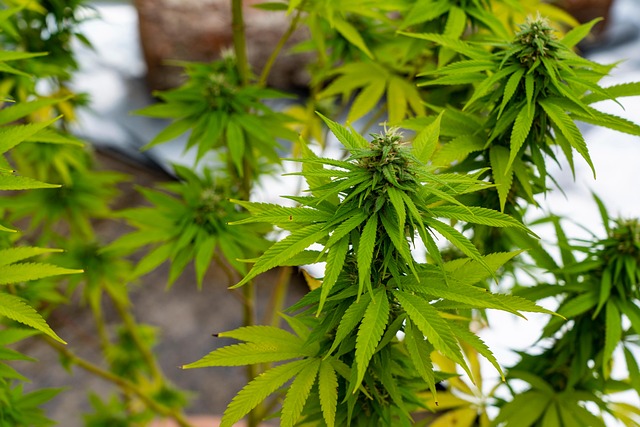
Tired of the confusion between THC rosin and resin? Our Hemp Protein Powder offers a pure, THC-free…….
Unlock Superior Savings: THC Rosin vs Resin – Pure Power, Unmatched Results
Experience Natural Stress Relief with Pure THC Rosin – Limited Time Savings!

Tired of trading off relaxation for productivity? Our signature THC Rosin Tincture offers the best o…….
Save Cash: Grow High-Quality THC Rosin with Budget-Friendly Hemp Seeds
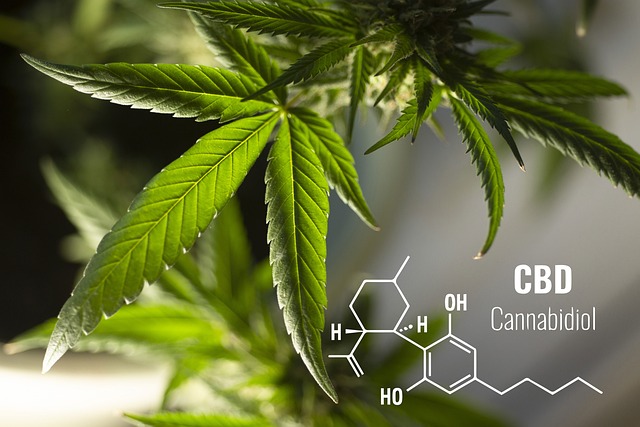
Looking to maximize your THC experience without maxing out your budget? The battle between THC Rosin…….
Experience Pure Pain Relief: THC Rosin Tincture – Resin-Free, High Potency, Free Shipping!

Tired of the messy, costly, and less effective traditional THC resin? Unlock Relief offers a revolut…….
Thc Rosin vs Resin: Save Money, Get More Relief with Our Topical Cream
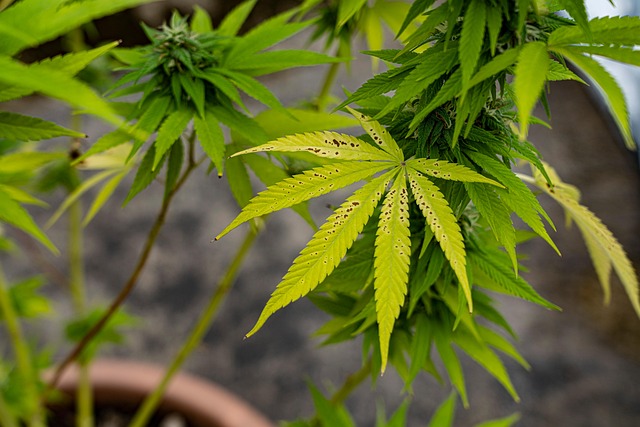
Tired of splurging on THC rosin or resin, only to be left with a sticky mess and a shrinking wallet?…….
Save Money & Enjoy Pure Bliss: THC Rosin Gummi Bears vs. Resin
Delta 8 Nighttime Gummy Bears: Sleep Soundly, Naturally – Beat Rosin Resin!
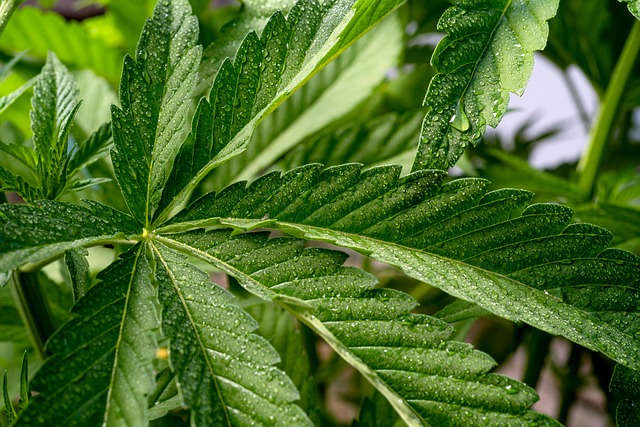
Tired of restless nights and saying goodbye to your morning energy? Delta 8 Nighttime gummies are he…….
